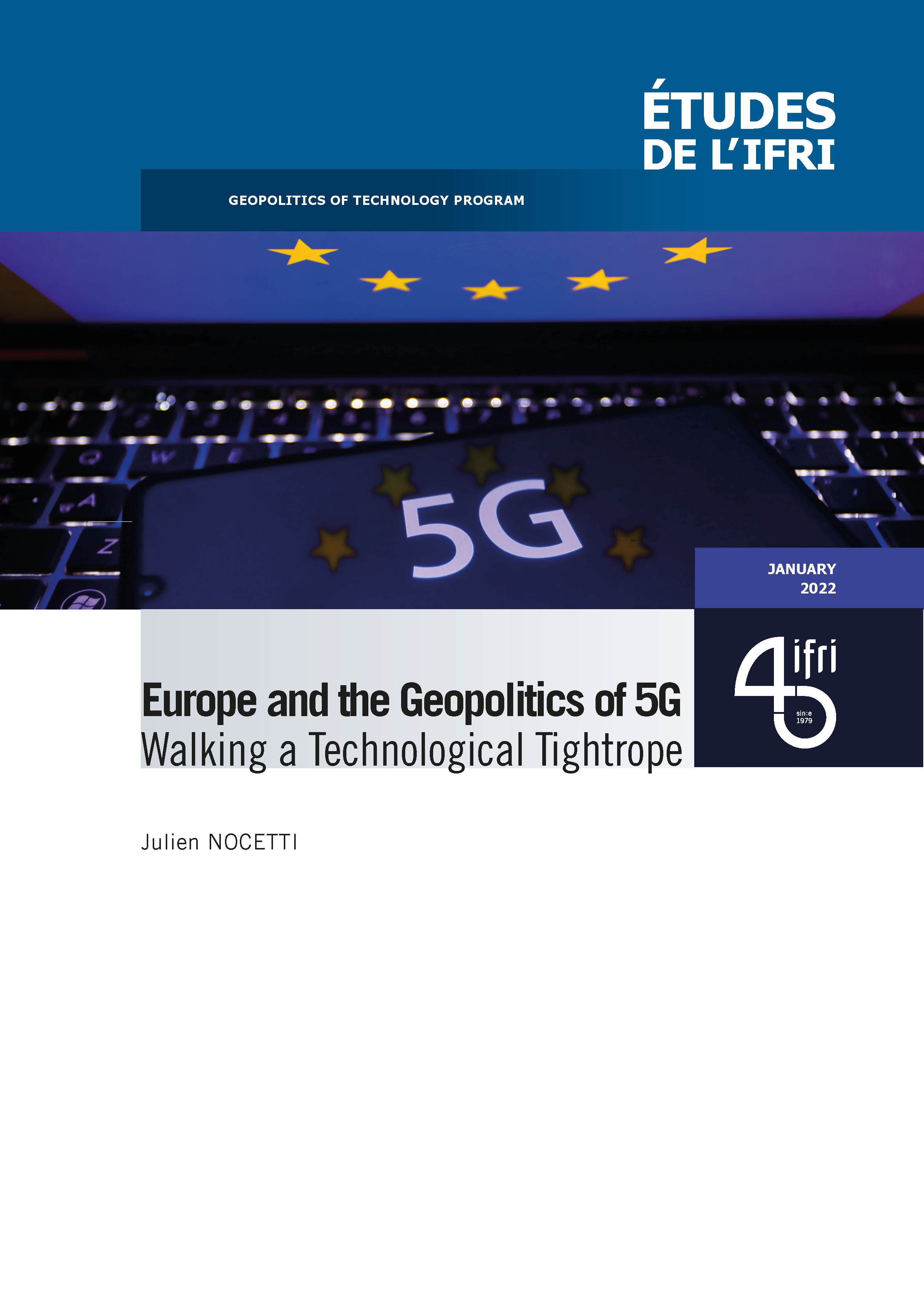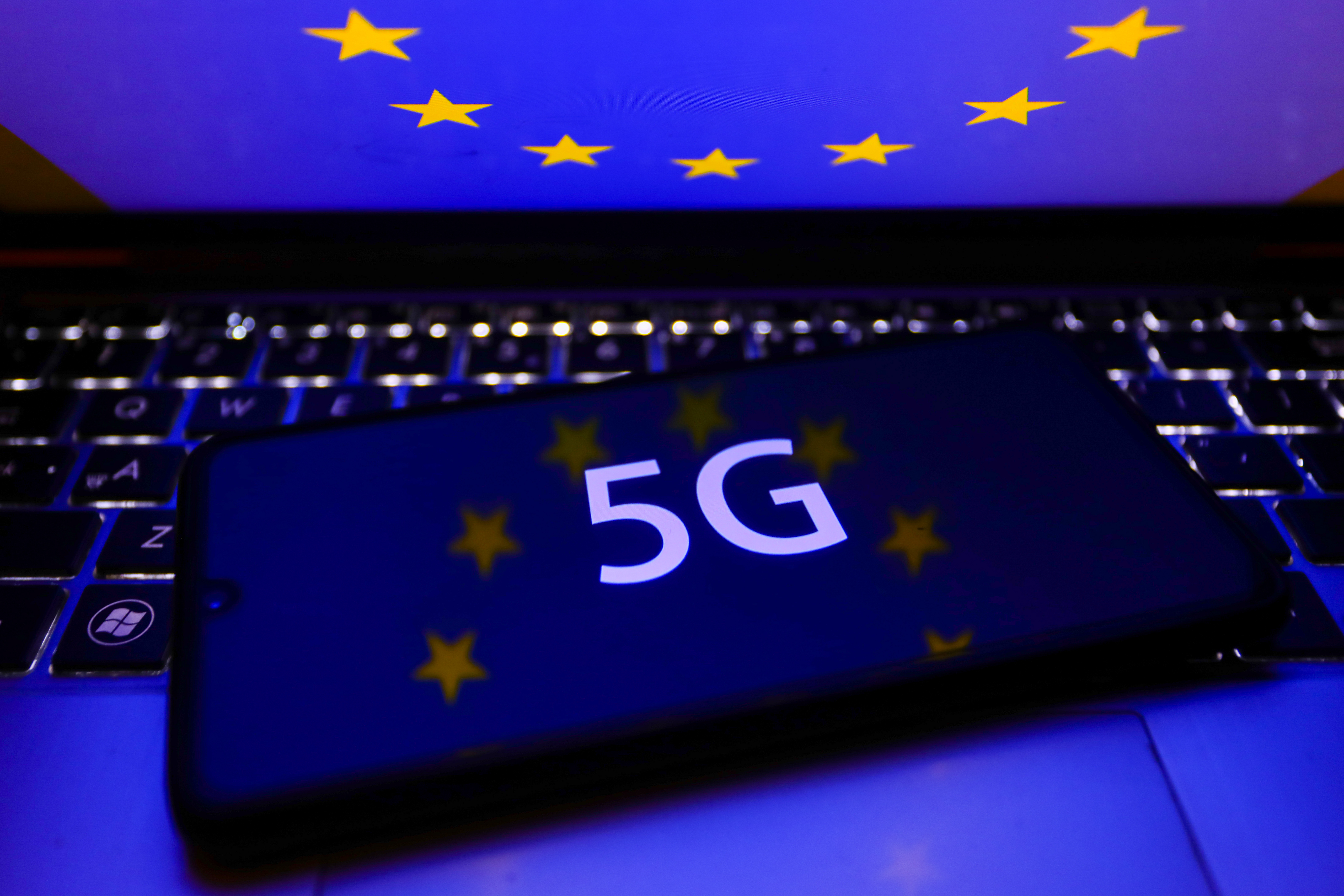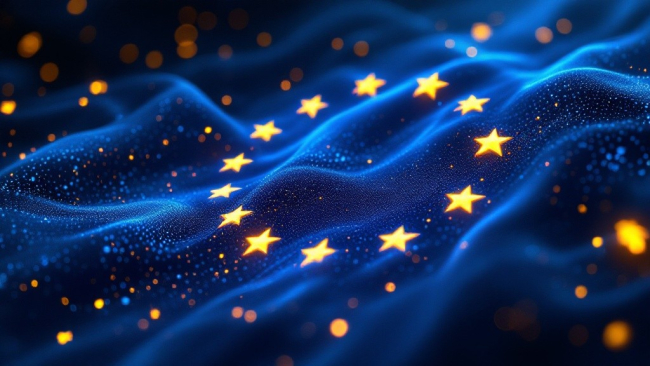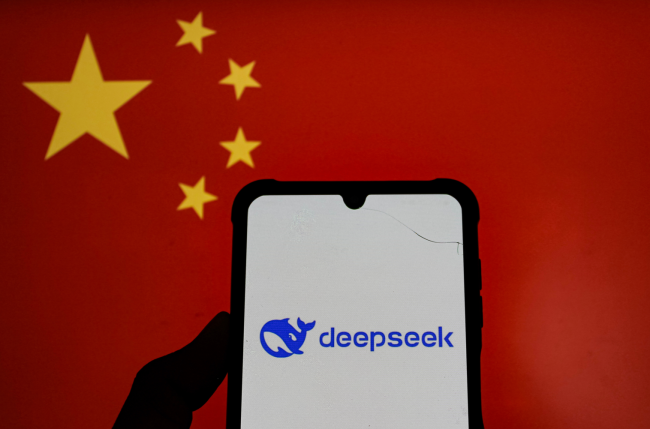Europe and the Geopolitics of 5G: Walking a Technological Tightrope

The acute Sino-American tensions which started in 2018 have been coupled with controversies around 5G technology, exemplified by the spotlight placed on Chinese equipment manufacturer Huawei and the security risks associated with its use. For Europe, the 5G challenge at the international level is drawing a very complex landscape.

Just like artificial intelligence, 5G materializes a very strong geopolitical sensitivity around the control of critical technologies. 5G is indeed critical because of its expected quasi-ubiquitous use, the gradual shift towards network technologies based entirely on software, and the potential strengthening of already dominant players (including digital platforms via cloud services).
The United States-China rivalry is limiting the European Union’s room for action, against a backdrop of security considerations and low levels of investment. The continent’s various players (the European Commission, the main European powers, private players such as Nokia and Ericsson) have not adopted a uniform stance, reflecting an entanglement of technological dependencies on China and the United States.
Meanwhile, the issue of semiconductors, symbolizing both the technological decline and the renewal of the EU’s ambitions, is fully integrated into the development of 5G. These chips constitute the "muscle" of the system and trigger new geo-economic challenges in which Europe must still find its place.

Available in:
Regions and themes
ISBN / ISSN
Share
Download the full analysis
This page contains only a summary of our work. If you would like to have access to all the information from our research on the subject, you can download the full version in PDF format.
Europe and the Geopolitics of 5G: Walking a Technological Tightrope
Related centers and programs
Discover our other research centers and programsFind out more
Discover all our analysesThe Sustainability of Space Operations: An Opportunity for European Leadership?
As space becomes a key arena for power projection strategies, while facing growth and diversification of orbital activities, the concept of “space sustainability” is emerging as a new framework of analysis for space governance.
The “Huawei Saga” in Europe Revisited: German Lessons for the Rollout of 6G
While the European Union attempted to coordinate a collective response through its 5G Toolbox in Europe’s 5G infrastructure, member states diverged significantly in balancing political, economic, and technological considerations. Germany, despite its economic ties to China and status as Europe’s largest telecom market, only reached a tentative agreement in July 2024—one that appears largely symbolic.
European Startups and Generative AI: Overcoming Big Tech Dominance
Europe is at a crossroads. Faced with the domination of American Big Tech across the entire generative Artificial Intelligence (AI) value chain, from foundation models to cloud infrastructure, distribution channels, and open source, it risks long-term technological and economic decline. Yet generative AI also represents a major opportunity for economic transformation, with a potential value estimated at 1.5 times France’s gross domestic product (GDP). To turn it into a driver of renewal, Europe must move beyond the illusion of total technological independence and instead build an ecosystem that leverages Big Tech resources while strengthening its own innovation capabilities.
A "DeepSeek Moment"?
DeepSeek, hailed as a champion of Chinese AI, represents less a revolution than a significant optimization of existing technologies. Doubts remain regarding the figures put forward by the start-up, inviting a more measured response to the media hype surrounding China’s technological catch-up. Nonetheless, DeepSeek signals the need to question an economic model based solely on the race for computational power. By betting on open innovation, Europe can carve out its own path in a competition that is far from being a zero-sum game.












